Why Māori are protesting in New Zealand
A controversial bill has ignited a 'flashpoint in race relations' as opponents claim it will undermine the rights of Indigenous people
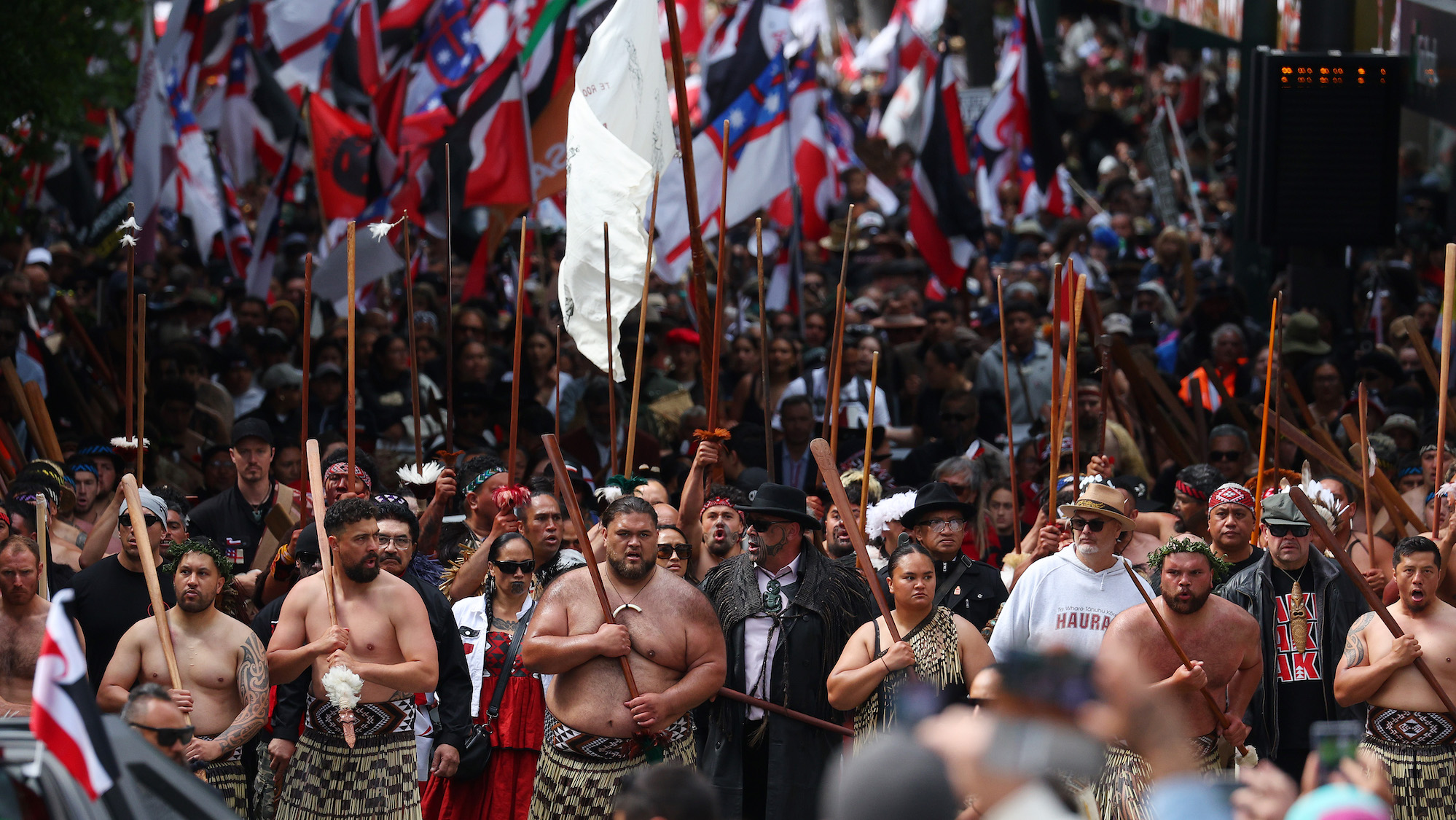
A free daily email with the biggest news stories of the day – and the best features from TheWeek.com
You are now subscribed
Your newsletter sign-up was successful
Thousands of people marched through New Zealand's capital Wellington this week in protest at a proposed bill that could redefine the founding treaty between British colonists and the native Māori people.
More than 40,000 people took part on the final day of a peaceful walking protest called a "hīkoi". It was one of the country's biggest-ever demonstrations, said the BBC.
The protests centre around mooted changes to the 1840 Treaty of Waitangi, which "enshrines principles of co-governance between Indigenous and non-Indigenous New Zealanders", said CNN.
The Week
Escape your echo chamber. Get the facts behind the news, plus analysis from multiple perspectives.

Sign up for The Week's Free Newsletters
From our morning news briefing to a weekly Good News Newsletter, get the best of The Week delivered directly to your inbox.
From our morning news briefing to a weekly Good News Newsletter, get the best of The Week delivered directly to your inbox.
The Treaty Principles bill put forward doesn't propose any changes to the text of the treaty, but it proposes making some of its principles law and applicable to all New Zealanders. Supporters of the bill claim it creates racial divisions; opponents say it would undermine Māori rights.
What is the Treaty of Waitangi?
The treaty is seen as "New Zealand's founding document", said The Independent, and sets out the "principles guiding the relationship" between the British and the Māori. There are two versions: one in Māori and one in English. It awarded the Māori the rights of British citizens and some autonomy over their lands and people. The differing texts in the English and Māori versions, however, have left several areas open to interpretation – and historically not in favour of the Māori.
It is not a treaty that is recognised international law, and is "not considered part of New Zealand domestic law", said the New Zealand History site, but its principles are "referred to in Acts of Parliament".
What does the bill want to do?
The indefinite nature of the treaty has led to New Zealand governments over many decades attempting to address the disenfranchisement and injustices of the Māori. There have been "billions of dollars in settlements" for breaches of the treaty, including "widespread expropriation of Māori land and natural resources", said The Independent.
A free daily email with the biggest news stories of the day – and the best features from TheWeek.com
The bill, put forward by the leader of the ACT party, David Seymour, aims to set some of the treaty's principles in law to avoid them being interpreted in "an ad hoc manner without input from New Zealanders". It claims the bill would ensure equal rights for all citizens and create "unity" instead of "racial divisions", said the BBC.
Why are so many people protesting?
Even before the hīkoi this week, parliament was halted by politicians opposing the bill performing a haka, a ceremonial chant. It was started by MP Hana-Rāwhiti Maipi-Clarke of the Te Pāti Māori (the Māori party), who ripped up a copy of the bill during the haka.
Ten thousand people were expected to turn out on Tuesday for the end of the hīkoi march, which began more than 1,000km away 10 days previously. It exceeded those expectations, with 40,000 "activists and other opponents of the bill" demonstrating against it, said the BBC.
It is the biggest protest of its kind for decades in New Zealand, and "easily dwarfed the 5,000-strong crowd that turned up for land rights in 1975".
What next?
The bill is not expected to pass through the New Zealand parliament. It has also caused the coalition government, of which Seymour's party is a part, to become "strained" over the issue, said Stuff.
Prime Minister Christopher Luxon, leader of the centre-right government, said he would not be supporting the bill beyond a second reading and therefore not into law, despite serving in the same coalition as Seymour. A second reading is not expected to take place for at least six months.
Despite being unlikely to make it into law, the bill has become a "flashpoint on race relations" in New Zealand, said The Independent. The country has often been considered a "world leader when it comes to supporting Indigenous rights", said the BBC, but concerns over the treatment of Indigenous people are high under Luxon's coalition, which could instil more regressive policies than have been seen in recent decades.
Richard Windsor is a freelance writer for The Week Digital. He began his journalism career writing about politics and sport while studying at the University of Southampton. He then worked across various football publications before specialising in cycling for almost nine years, covering major races including the Tour de France and interviewing some of the sport’s top riders. He led Cycling Weekly’s digital platforms as editor for seven of those years, helping to transform the publication into the UK’s largest cycling website. He now works as a freelance writer, editor and consultant.
-
 The environmental cost of GLP-1s
The environmental cost of GLP-1sThe explainer Producing the drugs is a dirty process
-
 Nuuk becomes ground zero for Greenland’s diplomatic straits
Nuuk becomes ground zero for Greenland’s diplomatic straitsIN THE SPOTLIGHT A flurry of new consular activity in the remote Danish protectorate shows how important Greenland has become to Europeans’ anxiety about American imperialism
-
 ‘This is something that happens all too often’
‘This is something that happens all too often’Instant Opinion Opinion, comment and editorials of the day
-
 Woman spots ‘crocodiles’ off Yorkshire coast
Woman spots ‘crocodiles’ off Yorkshire coastfeature And other stories from the stranger side of life
-
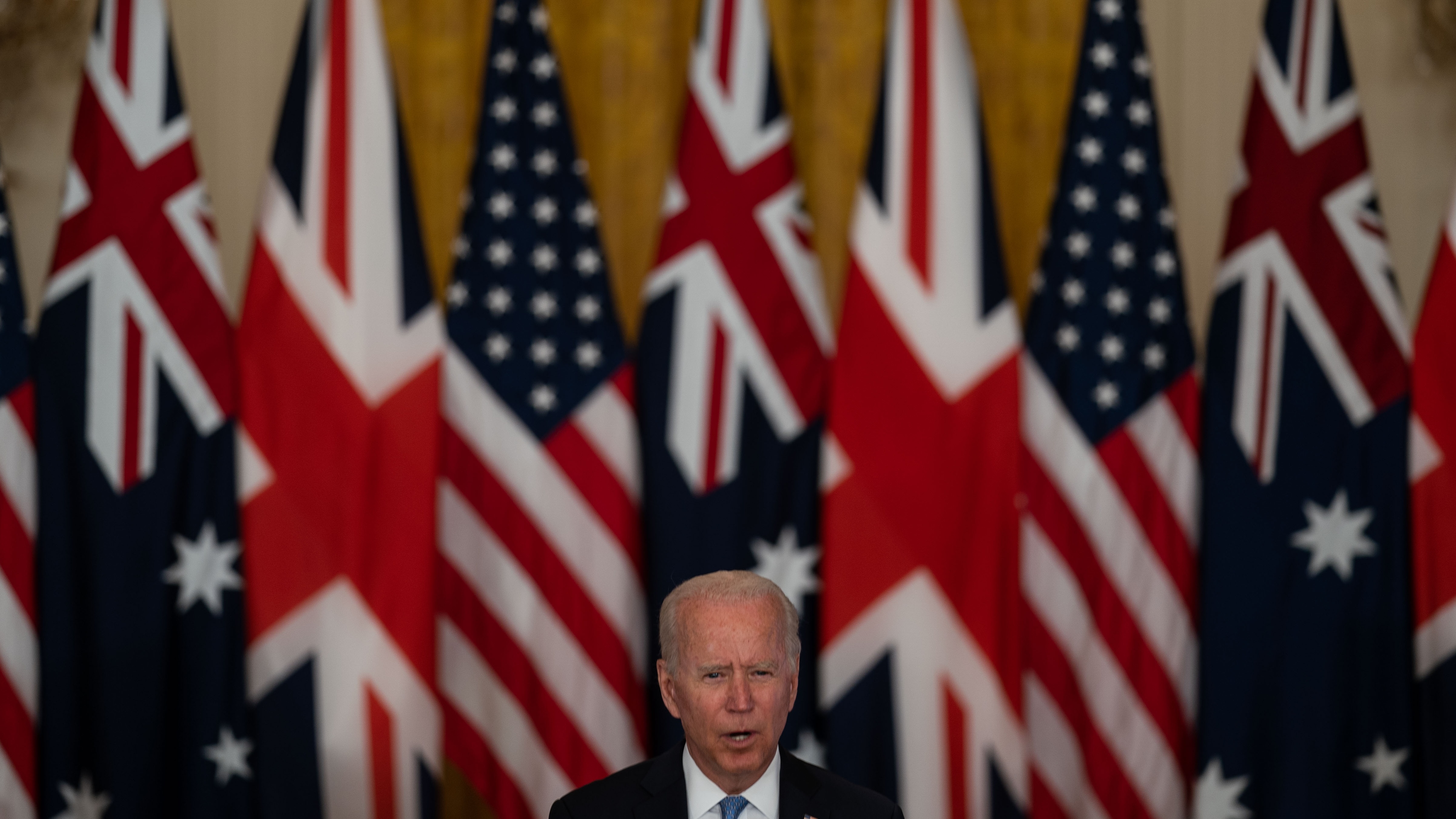 Does the Anglosphere exist?
Does the Anglosphere exist?feature Do the United Kingdom, Australia, Canada, New Zealand and the United States share more than a language?
-
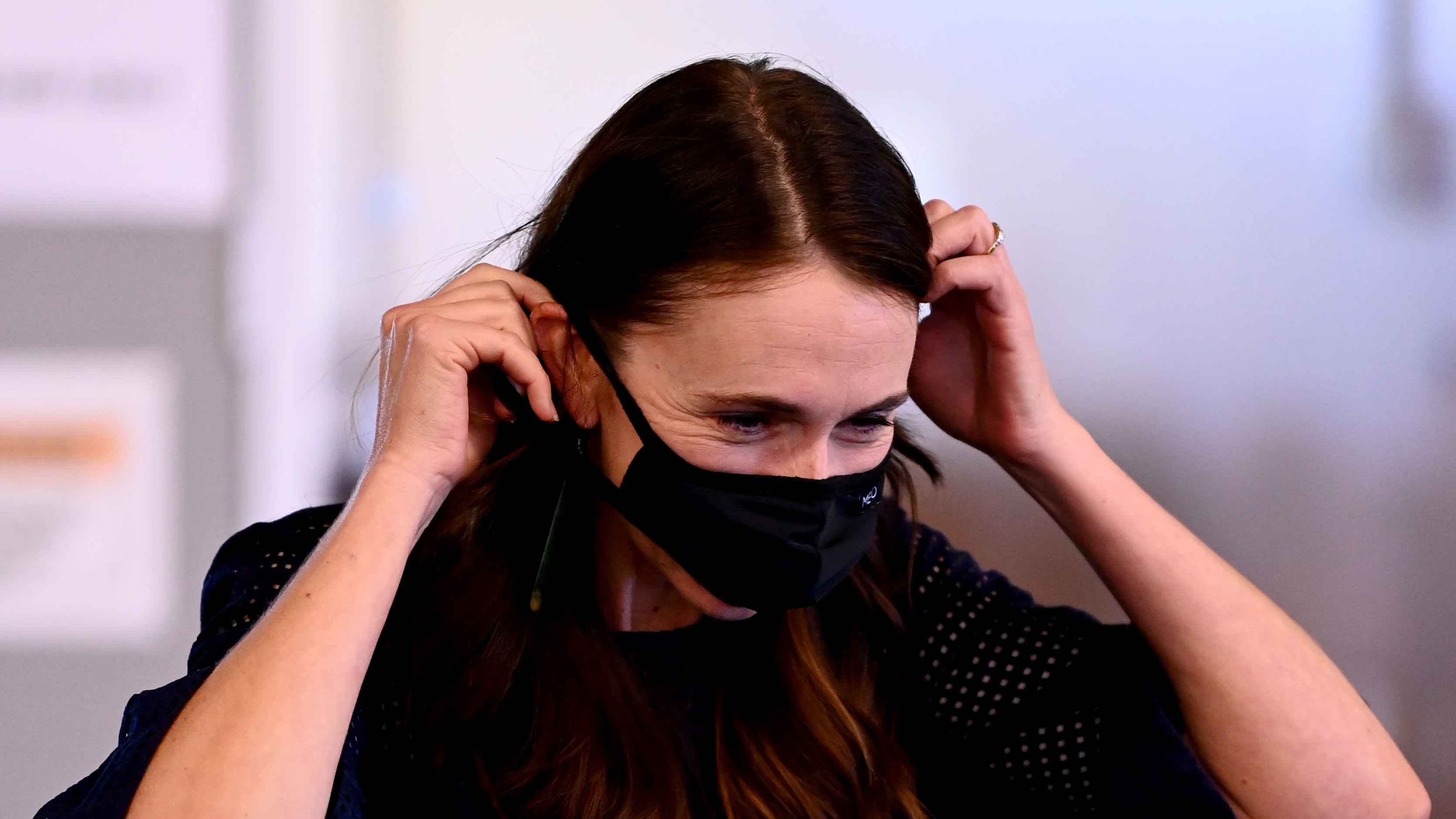 Omicron threat: why is New Zealand shutting its borders again?
Omicron threat: why is New Zealand shutting its borders again?In Depth Citizens unable to return home as quarantine boss warns of ‘unprecedented’ risk
-
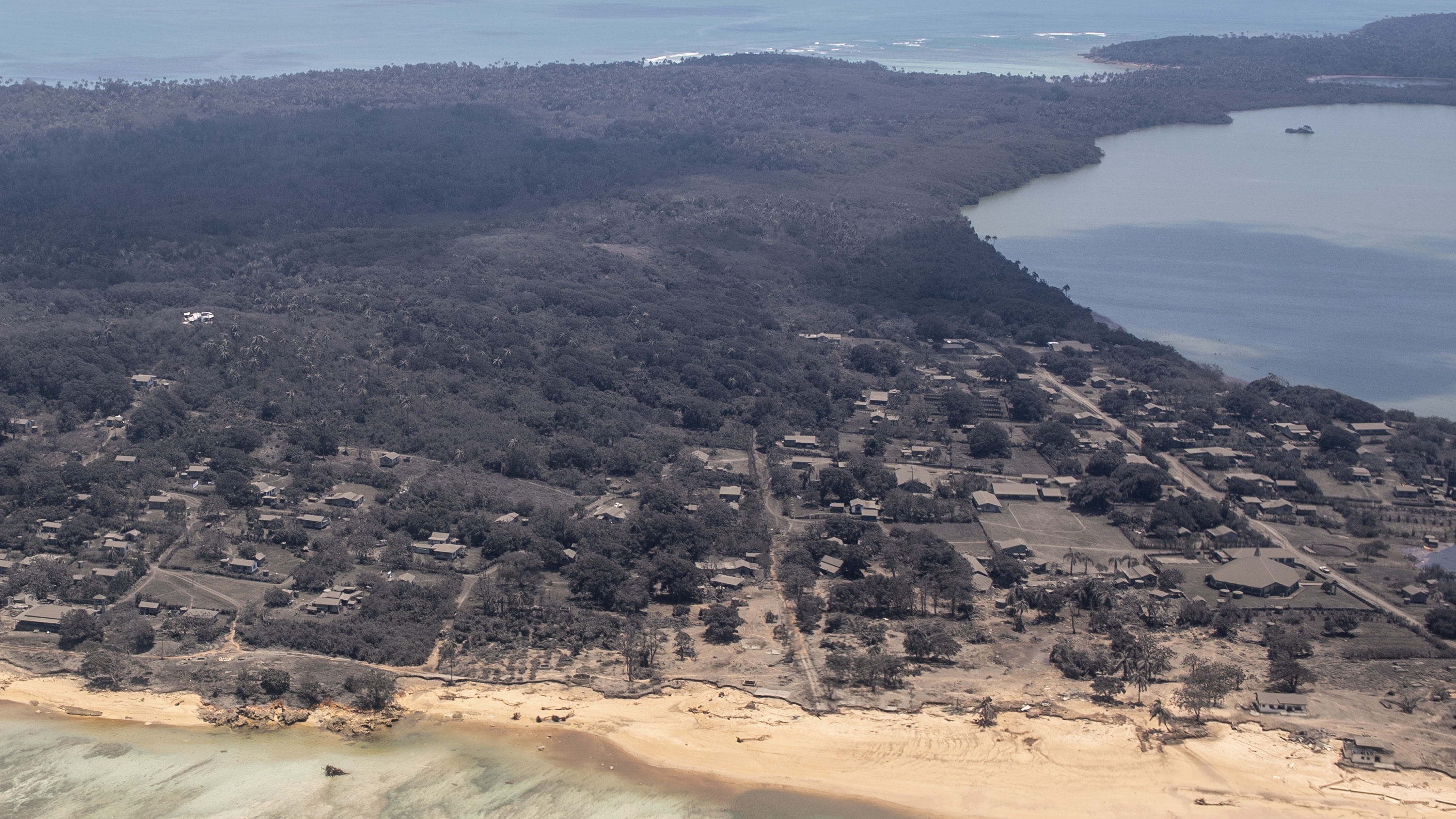 What next for Tonga after deadly volcano eruption?
What next for Tonga after deadly volcano eruption?feature Thick layers of ash hamper relief effort as scale of damage emerges
-
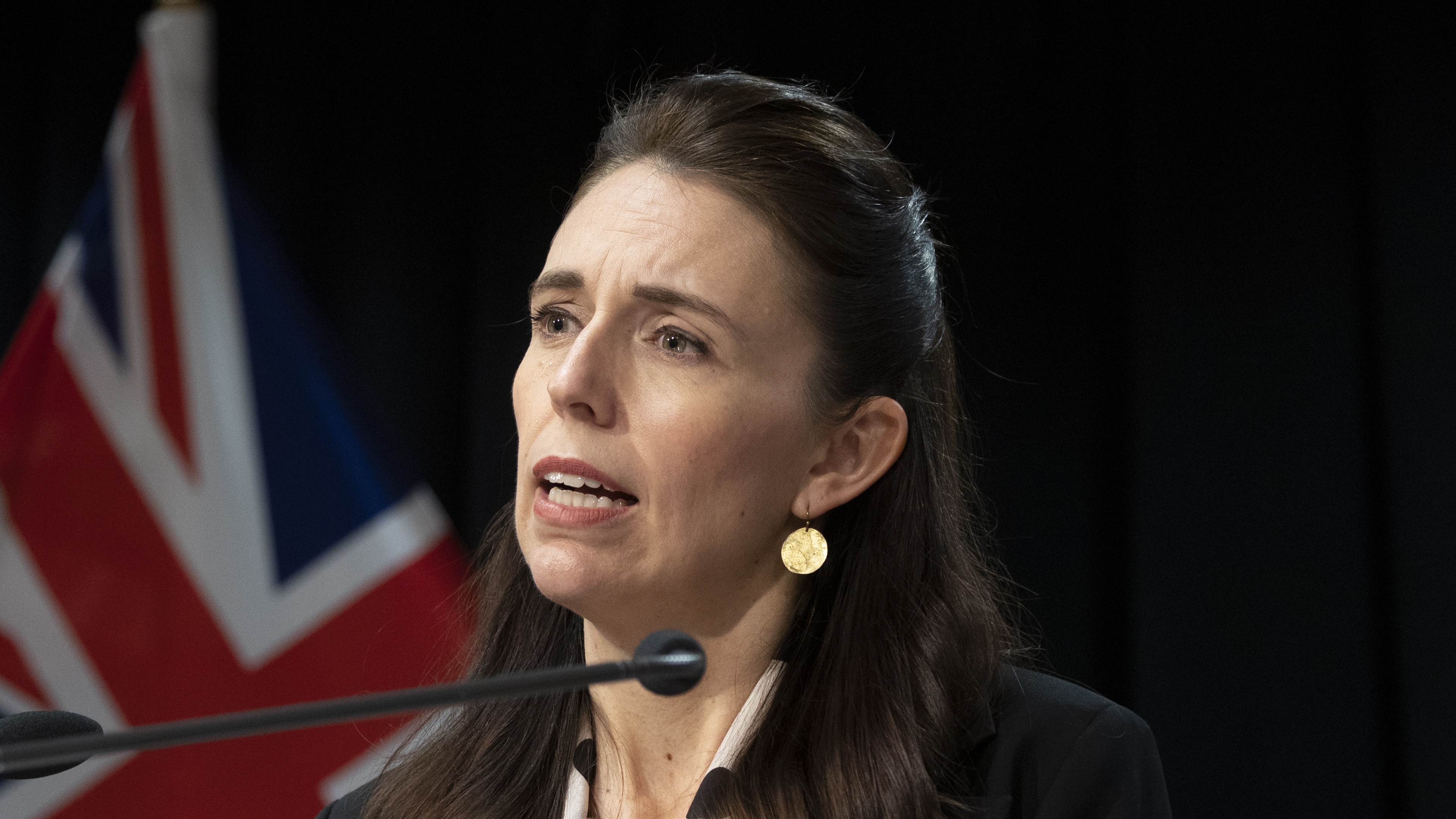 How New Zealand’s new vaccine plan will create a ‘two-tier society’
How New Zealand’s new vaccine plan will create a ‘two-tier society’In Depth Jacinda Ardern unveils traffic-light system that will grant more rights to fully jabbed people
-
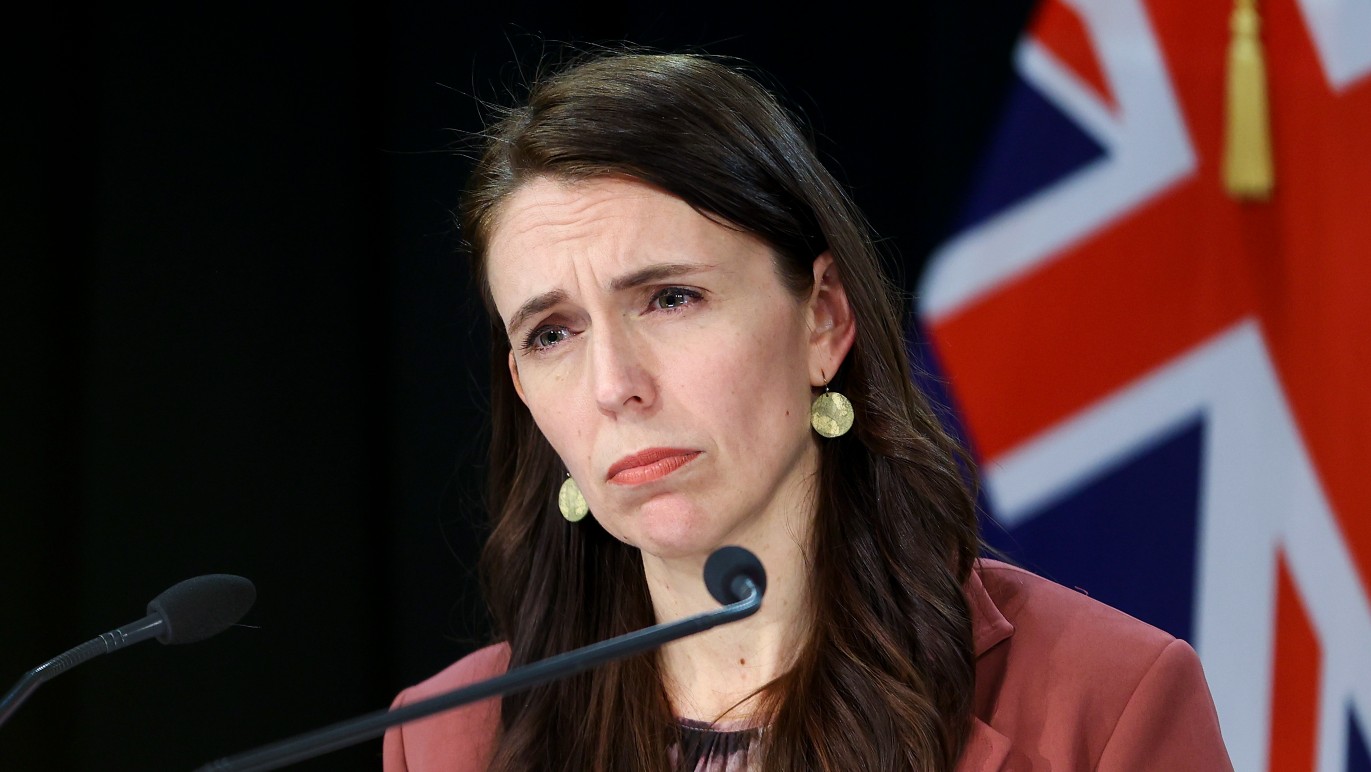 Is New Zealand’s zero Covid strategy an expensive fantasy?
Is New Zealand’s zero Covid strategy an expensive fantasy?In Depth Jacinda Ardern puts islands into lockdown as other countries abandon zero-Covid approach
-
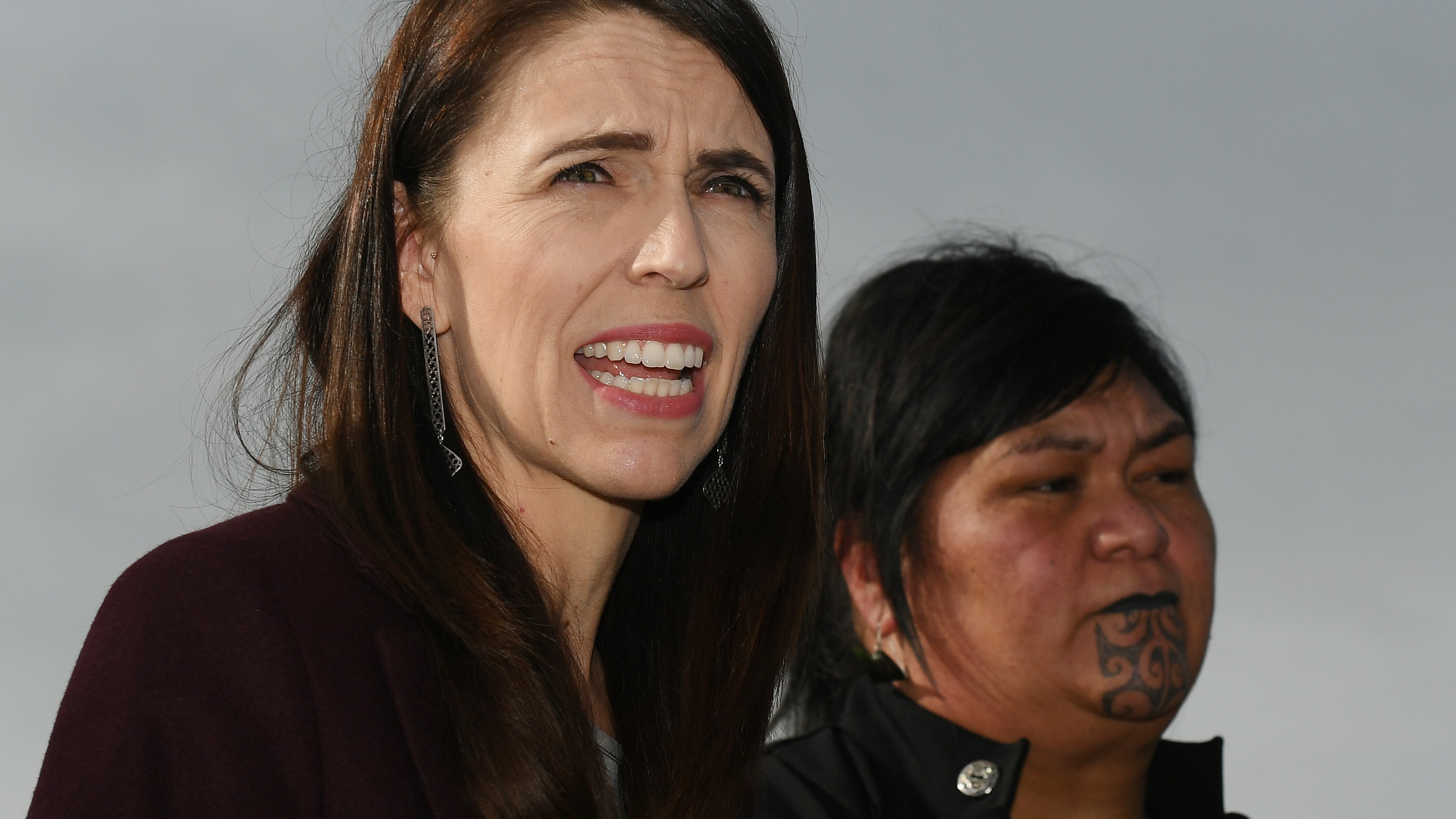 How China is fuelling tensions between Australia and New Zealand
How China is fuelling tensions between Australia and New ZealandIn Depth Five Eyes allies at odds over Wellington’s decision to ditch aggressive stance to Beijing
-
 Which countries have tried circuit breaker lockdowns - and do they work?
Which countries have tried circuit breaker lockdowns - and do they work?In Depth Singapore and South Korea saw Covid cases fall but not all of the shutdowns were a success